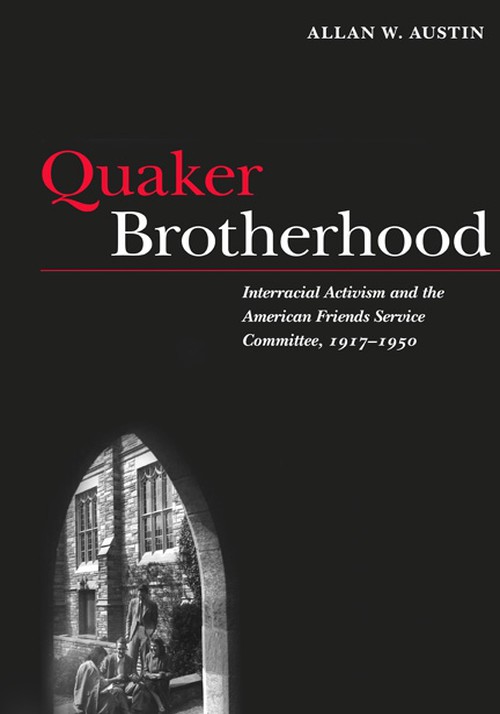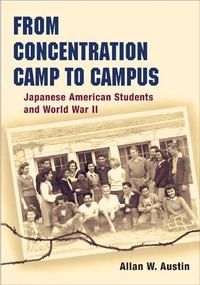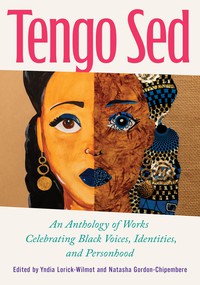
Quaker Brotherhood
About the Book
The Religious Society of Friends and its service organization, the American Friends Service Committee (AFSC), have long been known for their peace and justice activism. The abolitionist work of Friends during the antebellum era has been well documented, and their contemporary anti-war and anti-racism work is familiar to activists around the world. Quaker Brotherhood is the first extensive study of the AFSC's interracial activism in the first half of the twentieth century, filling a major gap in scholarship on the Quakers' race relations work from the AFSC's founding in 1917 to the beginnings of the civil rights movement in the early 1950s.Allan W. Austin tracks the evolution of key AFSC projects, such as the Interracial Section and the American Interracial Peace Committee, that demonstrate the tentativeness of the Friends' activism in the 1920s, as well as efforts in the 1930s to make scholarly ideas and activist work more theologically relevant for Friends. Documenting the AFSC's efforts to help European and Japanese American refugees during World War II, Austin shows that by 1950 Quakers in the AFSC had honed a distinctly Friendly approach to interracial relations that combined scholarly understandings of race with their religious views.
In tracing the transformation of one of the most influential social activist groups in the United States over the first half of the twentieth century, Quaker Brotherhood presents Friends in a thoughtful, thorough, and even-handed manner. Austin portrays the history of the AFSC and race--highlighting the organization's boldness in some aspects and its timidity in others--as an ongoing struggle that provides a foundation for understanding how shared agency might function in an imperfect and often racist world.
Highlighting the complicated and sometimes controversial connections between Quakers and race during this era, Austin uncovers important aspects of the history of Friends, pacifism, feminism, American religion, immigration, ethnicity, and the early roots of multiculturalism.
Reviews
"Austin's contribution reminds readers how important religion has been in promoting liberal causes for social justice throughout U.S. History. Recommended."--Choice"A useful addition to the history of American Quakers' earnest, sometimes troubled, endeavours to achieve racial justice in American Society and peace in the world."--Canadian Journal of History
"Quaker Brotherhood more than succeeds in opening a window into the inner workings of one religious group's halting but no less significant racial journey. In so doing, Austin brings race and religion into fruitful conversation."--Journal of Religion
"Austin's book poses a set of provocative questions that examine the relationship between doctrinal purity and social change."--Indiana Magazine of History
"Quaker Brotherhood conveys the difficulties of achieving racial reform in American during the first half of the twentieth century. Austin leaves us with an important lesson to learn about reform, applicable to both the past and present."--The Annals of Iowa
The first extensive examination of the Friends' interracial activism in the first half of the 20th century, focusing on the American Friends Service Committee (AFSC), founded in 1917. Quaker Brotherhood makes a significant contribution to our understanding of Quaker interracial activism in the early decades of the 20th century."--The Journal of African American History
"Austin's work is carefully researched and documented. He has painstakingly mined the rich archival collections of AFSC records in Philadelphia, and his book provides a comprehensive examination of decades of steady civil rights work leading up to the demonstration-based activism of the post-1950 period. . . . Austin's narrative tells a previously untold story, one of importance to scholars in a broad range of fields, from U.S. history to African American studies, from public policy to conflict resolution."--The Journal of Southern History
"Quaker Brotherhood is a thoughtful, well written and solidly researched book that will undoubtedly help scholars better appreciate the Quakers' work to try to build a more racially just world in the first half of the twentieth century."--Quaker Studies
Blurbs
"A beautifully conceived and gracefully executed study of race and the American Friends Service Committee. Situated at the intersection of modern American religion, race relations, and social reform, Quaker Brotherhood engages issues of theology and practice, African American history, and Quakers' tangled experiences with both. With professional and personal grace, Austin points us toward a new Quaker history."--Emma J. Lapsansky-Werner, coeditor of Back to Africa: Benjamin Coates and the Colonization Movement in America, 1848–1880
"Quaker Brotherhood traces the transformation of one of the most influential social activist groups in the United States. Friends have long been recognized for having an impact beyond their relatively small numbers because of their reform activism, yet until now, book-length work on the period after the Civil War has been limited. Allan W. Austin's study is a truly significant contribution to the history of Quakerism, especially the history of Quaker activism."--Thomas D. Hamm, author of The Quakers in America







